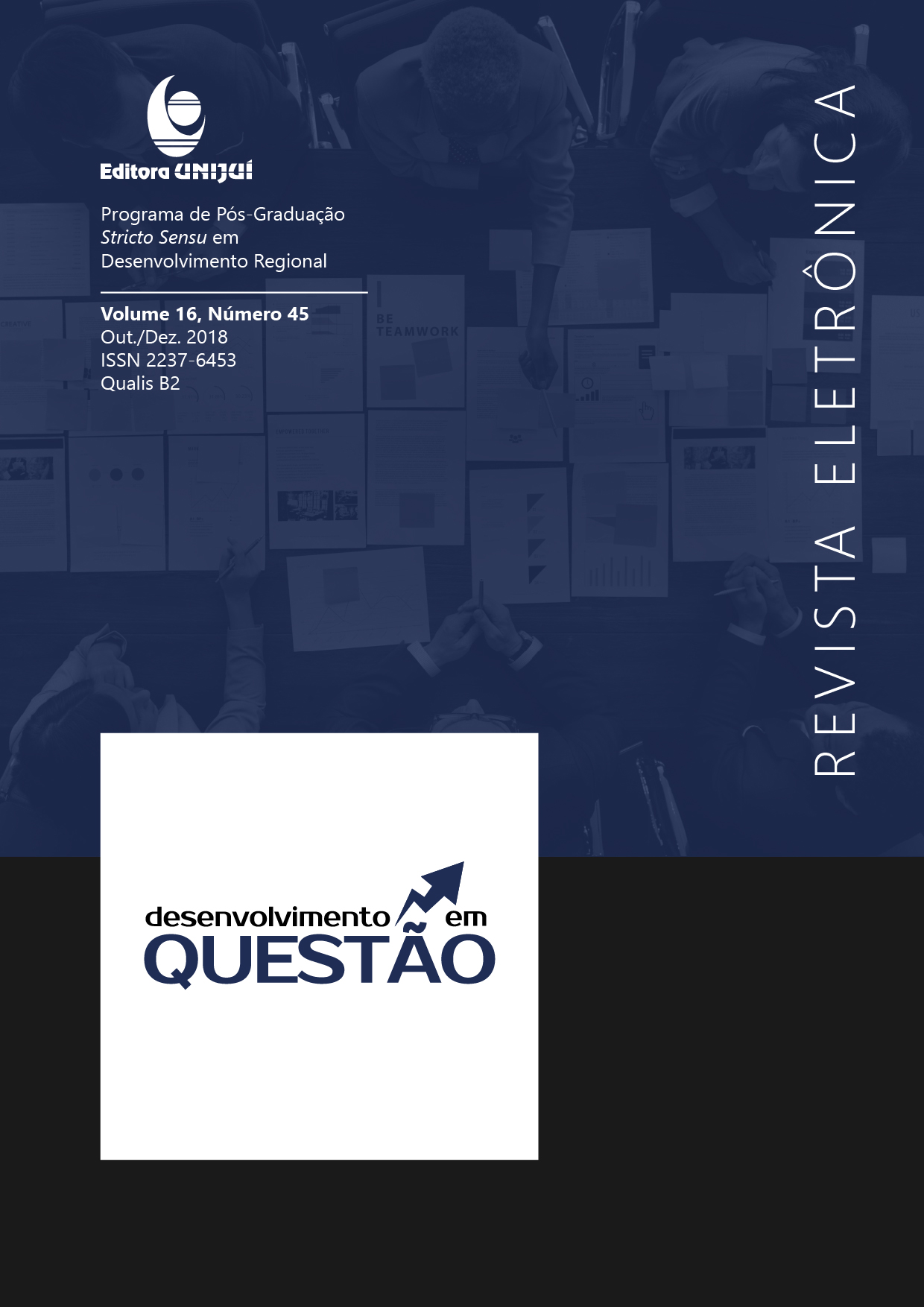O Comportamento de Consumidores Diante da Prática do Greenwashing
DOI:
https://doi.org/10.21527/2237-6453.2018.45.400-418Keywords:
Comportamento do consumidor, Compra verde, Greenwashing, CONARAbstract
Os consumidores mesmo assumindo um papel primordial e impulsionador ao exigir das empresas ações que sigam normas de preservação ambiental, têm dificuldade de identificar aquelas tidas como verdadeiramente sustentáveis e essa confusão incentiva o greenwashing. Diante disso, o Conselho Nacional de Autorregulamentação Publicitária – CONAR, órgão responsável em receber, avaliar e julgar possíveis denúncias de greenwashing tem buscado impedir que os consumidores sejam ludibriados com falsas mensagens ambientais. Nesse quadro, este artigo objetiva averiguar o comportamento dos consumidores frente à prática greenwashing. A pesquisa possui caráter qualitativo e utilizou como fonte de dados tanto o sítio do CONAR por meio de uma pesquisa documental, quanto à aplicação de questionário com o apoio do software de desenvolvimento de pesquisa Survey Monkey. Os resultados demonstraram que mesmo os consumidores sendo céticos em relação à publicidade verde, eles não tem o conhecimento adequado sobre o significado do greenwashing, não buscam verificar a veracidade das informações anunciadas e estão divididos entre denunciar ou não um caso de greenwashing, justificando especialmente não ter conhecimento do CONAR. Conclui-se que a consciência do consumidor está mudando gradativamente, mas ainda assim é necessário um comportamento mais crítico em se tratando do greenwashing a fim desta prática ser diminuída.
Downloads
Published
How to Cite
Issue
Section
License
By publishing in Revista Desenvolvimento em Questão, authors agree to the following terms:
All works are published under the Creative Commons Attribution 4.0 International License (CC BY 4.0), which allows:
Sharing — to copy and redistribute the material in any medium or format;
Adaptation — to remix, transform, and build upon the material for any purpose, even commercially.
These permissions are irrevocable, provided that the following terms are respected:
Attribution — authors must be properly credited, a link to the license must be provided, and any changes made must be indicated.
No additional restrictions — no legal or technological measures may be applied that legally restrict others from doing anything the license permits.
Notices:
The license does not apply to elements that are in the public domain or covered by legal exceptions.
The license does not grant all necessary rights for specific uses (e.g., image rights, privacy, or moral rights).
The journal is not responsible for the opinions expressed in the articles, which are the sole responsibility of the authors. The Editor, with the support of the Editorial Board, reserves the right to suggest or request modifications when necessary.
Only original scientific articles presenting research results of interest that have not been previously published or simultaneously submitted to another journal with the same purpose will be accepted.
Mentions of trademarks or specific products are intended solely for identification purposes and do not imply any promotional relationship by the authors or the journal.
License Agreement (for articles published from 2025 onward): Authors retain the copyright to their article and grant Revista Desenvolvimento em Questão the right of first publication.











